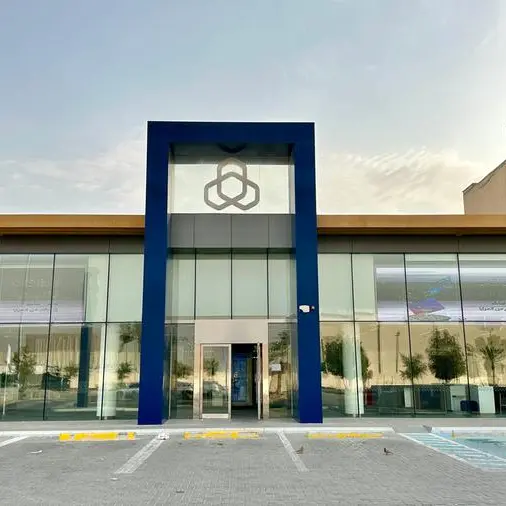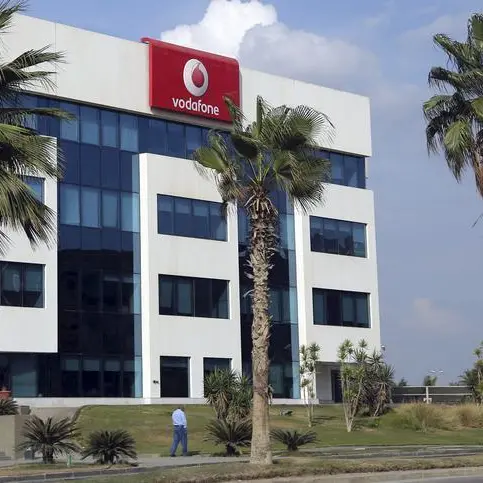PHOTO
Armstrong Fluid Technology, a leading innovator in the design and manufacturing of intelligent fluid-flow and control solutions, is fueling the regional shift towards sustainable energy consumption through its high-value, energy-saving solutions.
As the first company in the commercial-scale HVAC sector to receive a Queen’s Award for Sustainable Development, continuing to lead the way in sustainability is fundamental to Armstrong’s purpose and long-term strategy for success.
According to the company, by leveraging advanced intelligence and demand-based control, it surpassed its 2018 goal of reducing greenhouse gas emissions among its global customer base by 2 million tons. In 4 years, Armstrong has helped its customers save 2.5 billion kWh of electricity, resulting in more than $300 million in cost savings. Achieving this goal is equivalent to taking 600,000 cars off the road for a year, or off-setting the average annual CO2 emissions generated by 100,000 people.
This achievement was made possible through a combination of Armstrong’s innovative design envelope technology and active performance management software, Pump Manager. Pump Manager’s 3-layer architecture adds the power of digital twins, edge computing, and cloud-based technology to intelligent design envelope equipment, says spokesperson from the company.
Already accounting for over 75 per cent of a building’s energy usage, the energy demand of HVAC systems throughout the GCC is expected to triple by 2030. By bringing performance resilience and transparency to system design and operations, Armstrong’s advanced solutions are amplifying efficiency, while simultaneously improving building performance to minimise this growth in demand as much as possible.
Charles Armstrong, Chairman and CEO at Armstrong Fluid Technology, said: “Our accomplishments within the field of sustainability are a testament to our commitment to working with our clients and communities in the region to achieve net-zero emissions. We’re incredibly proud of the collective energy savings we have achieved, yet at the same time, we recognise that the work in this area is not yet complete. Buildings worldwide continue to be some of the largest contributors of greenhouse gasses. Through our core competencies of fluid-flow, energy transfer, demand-based control, and digitalisation, we will continue to engineer and manufacture new and improved solutions that further optimise HVAC system performance.”
Copyright 2022 Al Hilal Publishing and Marketing Group Provided by SyndiGate Media Inc. (Syndigate.info).





















